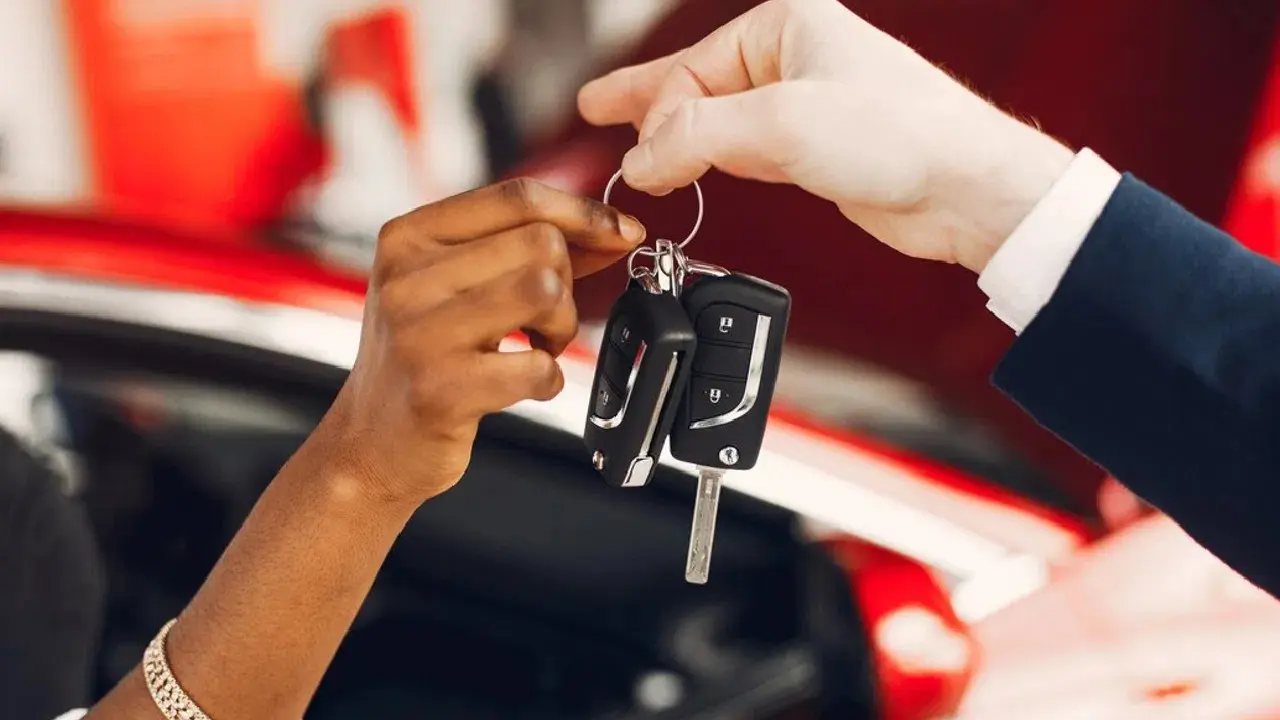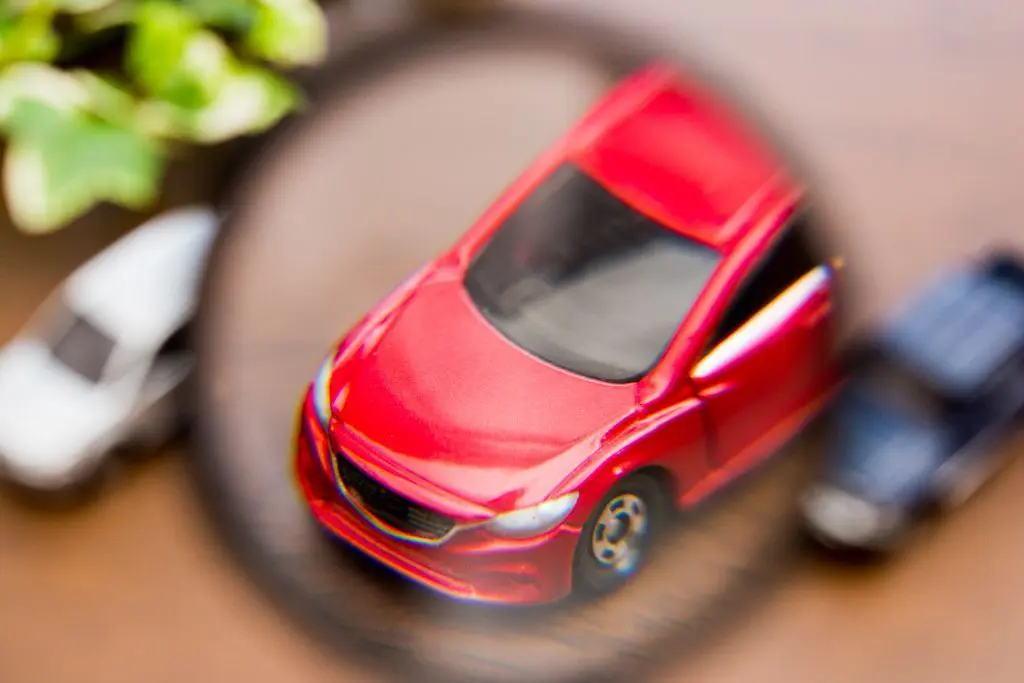
Buying second-hand is a great way to save money on your car purchase. However, it’s not necessarily simple, and there’s a lot more legwork involved than a regular sale. As such, doing your research is integral to ensure you’re buying an honest car and not getting caught out.
Three Simple Steps to Check a Car’s Condition Before Buying

If you’re looking to invest in a new car, don’t take a risk without knowing its condition first. Luckily, this is where our experts can help, and we’ve outlined three key things you should be checking at the outset to help.
Ask the Seller for Past History
Perhaps the most obvious way to get history is by asking the previous seller about the history of the car. Of course, this does rely on the seller’s honesty and an accurate description of the vehicle. Nonetheless, can be a great way to find out some basic information; they may also be able to shed light on when they bought the vehicle and how many owners it’s had.
View the Car in Person
Photographs and videos of an advertised car aren’t always the honest truth; in many instances, they can be outright misleading; after all, they may not show all parts of the vehicle.
In some cases, they could even be doctored to hide faults. Accordingly, in-person viewings are imperative to identify points needing a little attention; for example, you should look out for signs of damage, prior repairs, or description inaccuracies. These can help give you a clearer understanding of the vehicle and – more importantly – tip off any warning signs.
If you notice red flags when viewing a vehicle, be sure to ask about them. If you’re not wholly convinced by the explanation, there’s nothing wrong with looking elsewhere.
Run a Car History Check to Verify Claims

Never take a seller’s word as gospel – they’re trying to sell you the vehicle, after all. Unfortunately, a lot of serious issues can be hidden with a clever repair job; this can leave you at risk of buying more than you’d bargained for. Luckily, past issues don’t have to be a complete secret; as part of this, running a car history check is often one of the most vital first steps.
Depending on the tool you use, car history checkers can look for numerous things, including:
- MOT history;
- Write-off and stolen status;
- Mileage records;
- Vehicle description;
- Financing information;
- And much more.
This information can often prove crucial in determining whether a vehicle is genuine or not. And, if your history check highlights any potential points for concern, don’t take the chance.
Always Verify Your Purchase Before Taking On a New Car

Alas, second-hand vehicles can come with more than you bargained for. Sometimes, extras are great, of course, but that’s not always a good thing.
Therefore, before handing over money for a used car, always try a number plate check first (just to be sure).
It’s a small step, but one that could potentially avoid you from overpaying on your next purchase; in some scenarios, it can even save you from buying a car that’s not roadworthy at all.













